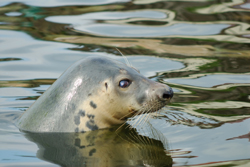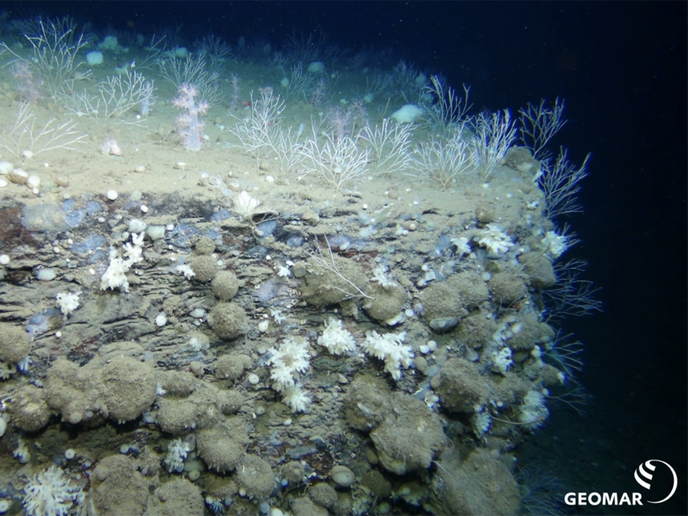Living in harmony - reconciling commerce and conservation
In the US there exists a fish and wildlife service that acts as a government authority to resolve conflicts of interest and operates to this effect across the country. For the first time in Europe, a major attempt has been made to propose a generic framework that can be used to find solutions to previously ignored human-wildlife conflicts. These conflicts occur as a result of competition for scarce resources and a lack of a cohesive strategy that can be applied to mitigate the divergence of interests. The FRAP project was made up of an interdisciplinary team of researchers. They approached their research by assessing the conflict of interest between fisheries in various case studies. In Denmark and Italy the case of cormorants was studied, in Central Europe and Portugal, otters and in Finland and Sweden, the situation of grey seals. Conflict arises between the different stakeholder groups. On the one hand the conservationists want the species to be protected by reducing competition for its food source and they highlight that many of these species will become extinct if this does not happen. On the other hand the fisheries are trying to bolster an already weakening industry by competing to retain its production capability. The book published as a result of this research, outlines the key ecological features of typical conflict species and mitigation strategies including modelling approaches. It provides a concrete, step-by-step guideline for stakeholders to use, which is based on participatory strategies.







